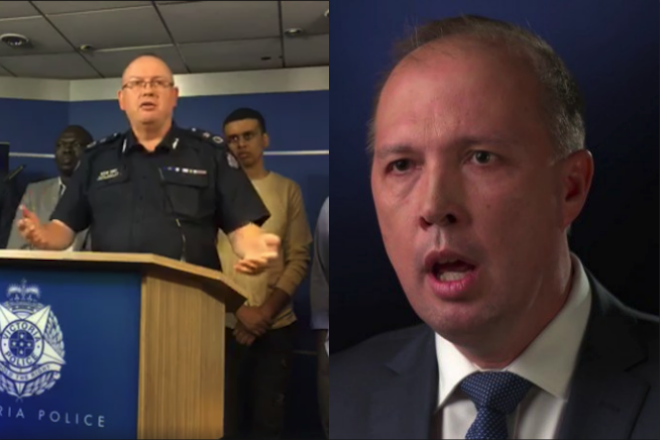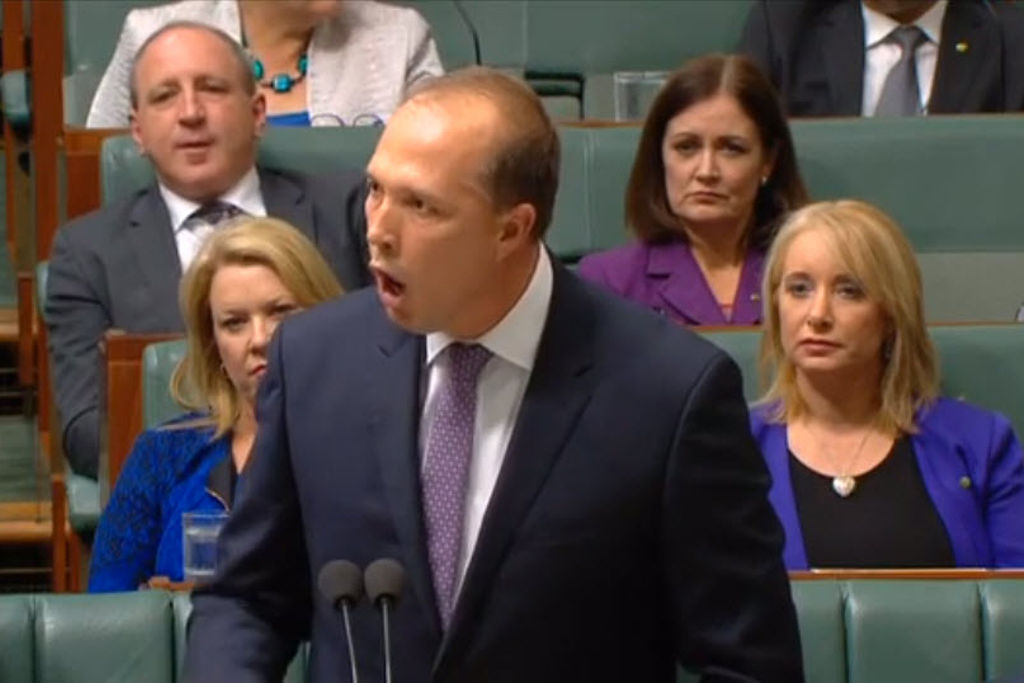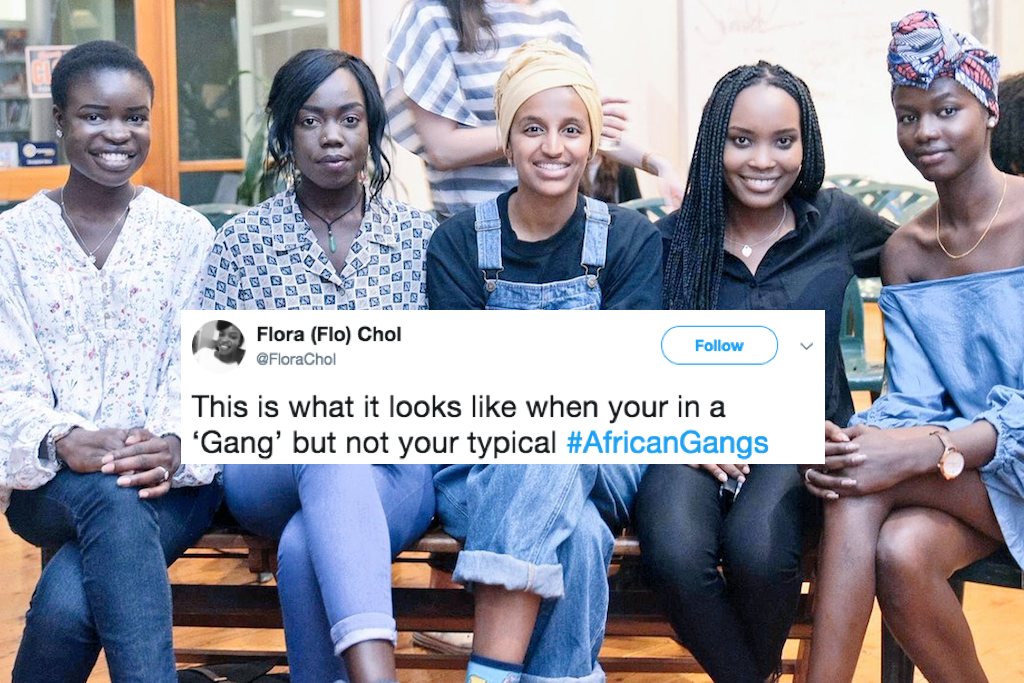Victoria’s Top Cop Has Ripped Into Peter Dutton’s Comments Over “African Gangs”
"Complete and utter garbage."

The Chief Commissioner of Victoria Police has used a press conference announcing the establishment of a new African-Australian community task force to criticise the way politicians and the media have been publicly discussing the alleged “African gang crisis” in Melbourne.
The new task force will be made up of representatives of the African-Australian community and will “work closely with police on youth offending and antisocial behaviour in Melbourne”. It is the result of discussions between the Chief Commissioner, Graham Ashton, and leaders from the African-Australian community.
Ashton used his first comments on the “crisis” since he returned from leave this week to criticise the response from sections of the media as well as politicians. He said the media reporting on “African gangs” misrepresented the issue and failed to take into account the complex social and economic factors behind the recent offending.
“It’s not a structured or organised gang, it doesn’t have a name or organised meetings,” Ashton said today. “It’s young people coming together in an ad hoc way and engaging in public misbehaviour.”
He went on to say that the factors behind some of the reported offences included disadvantage and “a lot of unemployment”. He also said that the reason there appeared to be a spike in crime over the summer had to do with the fact that it was school holidays and young people weren’t occupied in school.
Ashton Takes Aim At Dutton
Ashton specifically responded to comments made by home affairs minister Peter Dutton, who has repeatedly said people in Melbourne are so afraid of gangs they’re not going out to dinner.
“I’ve heard people say Victoria isn’t a safe place to live. That’s complete and utter garbage.”
“I’ve heard people say Victoria isn’t a safe place to live,” Ashton said. “That’s complete and utter garbage. The concept that it’s unsafe to go out for dinner… I don’t think anyone’s sitting at home cowering with the sheets above their heads.”
When asked if he was specifically repudiating Dutton, the Chief Commissioner said: “I’m not engaging in political comment, I’m not getting involved in the politics of this. But if there’s a sense this is an unsafe city that’s wrong.”
It’s understandable that Ashton doesn’t want to directly criticise a federal minister, but his comments are a very direct refutation of Dutton’s absurd remarks.
He went on to criticise some of the media coverage, refusing to label the problem an “African gang crisis” and saying the situation involved “a few hundred offenders in a city of 4.5 million people”. He reminded journalists that “in the last two quarters we’ve reduced crime… that hasn’t happened in the last 10 years. It’s important to keep it in perspective”.
South Sudanese Community Hits Back
Richard Deng, a representative of the South Sudanese Community Association, called on politicians to not use “crime for political gain”.
“Dividing the community because of the small number [of people] committing crimes doesn’t help,” he said, before asking political leaders to involve the community more in the process of developing solutions.
Other African-Australian leaders present said members of their community had received death threats and been verbally abused in direct response to the media and political campaign demonising them.
“The media is putting the African-Australian community in danger,” Kot Manoe, the chairman of the South Sudanese Community Association said. “The media attention is feeding it, and it is likely to fuel public anger.
“They are young people on drugs or alcohols, or just in a teenage mindset. They have a disregard for themselves and public safety. I don’t think they are street gangs. They are young people who have been impacted by significant behavioural issues.”
Deng specifically criticised the media for constantly referring to the offenders as “African” when most were citizens born in Australia.
“A majority of them are born here, they don’t even know where South Sudan is,” he said.
Journalists at the press conference brought up the fact that even though the police claimed they wanted to work to reduce stereotyping and attacks on the African-Australian community, they continued to label offenders by their face and appeared to be putting more emphasis on those from African backgrounds than white Australians.
Last week a festival in Torquay turned into a violent brawl involving more than a hundred young people. Police were forced to take refuge in their cars and call for backup, eventually using pepper spray to settle the crowd. One officer was injured. The incident has attracted minimal media attention, especially in the context of “African gang crisis”.
The Torquay offenders were Caucasian.

